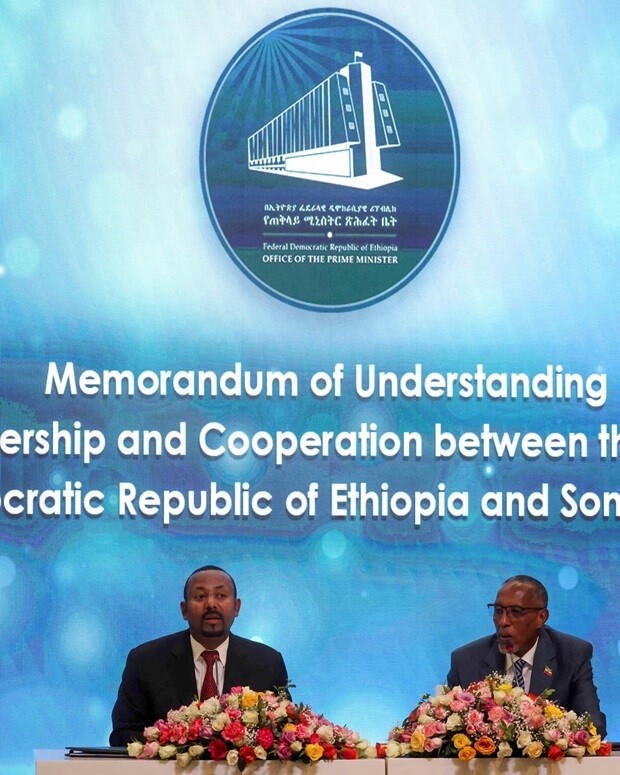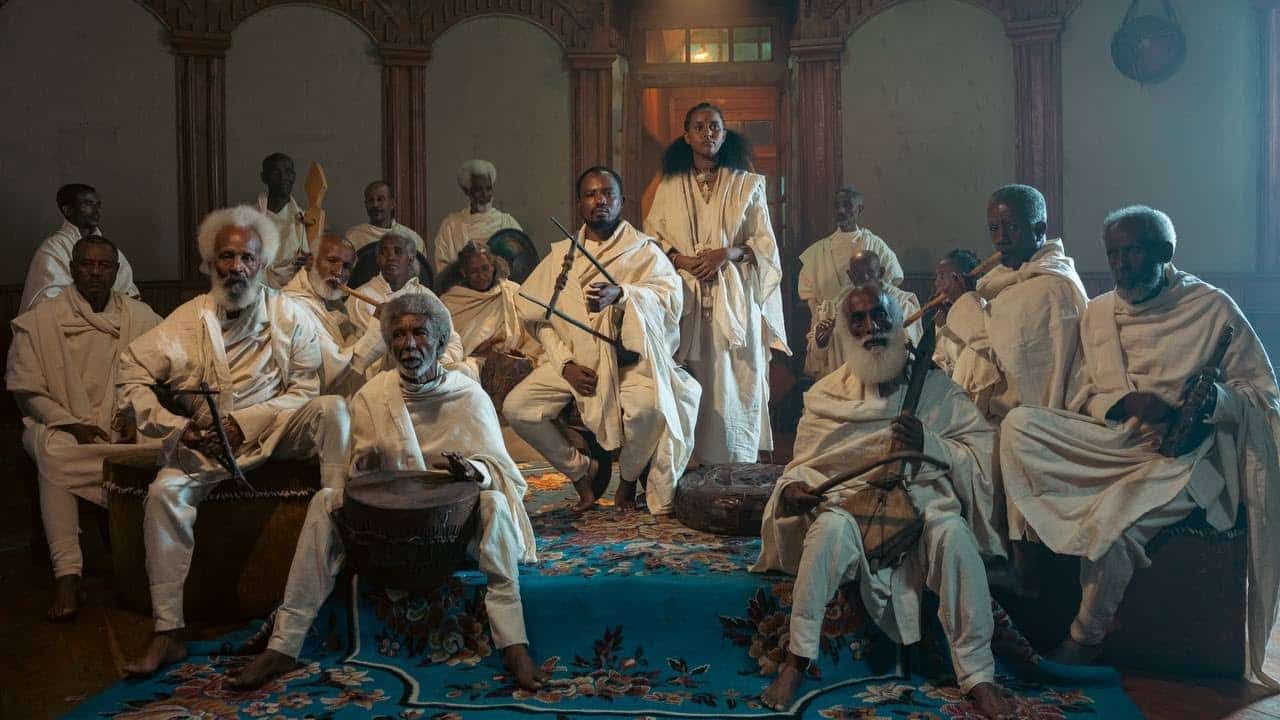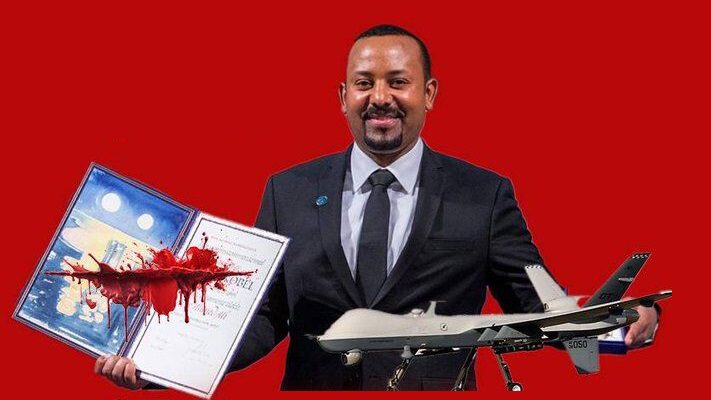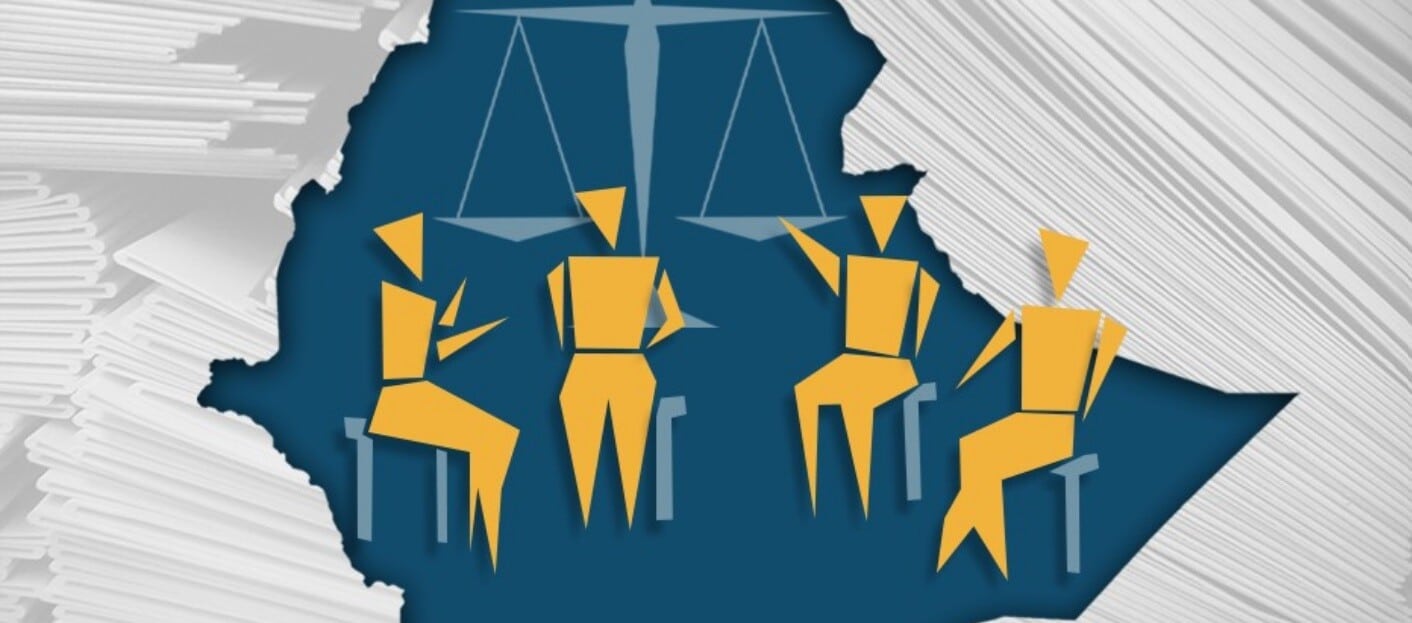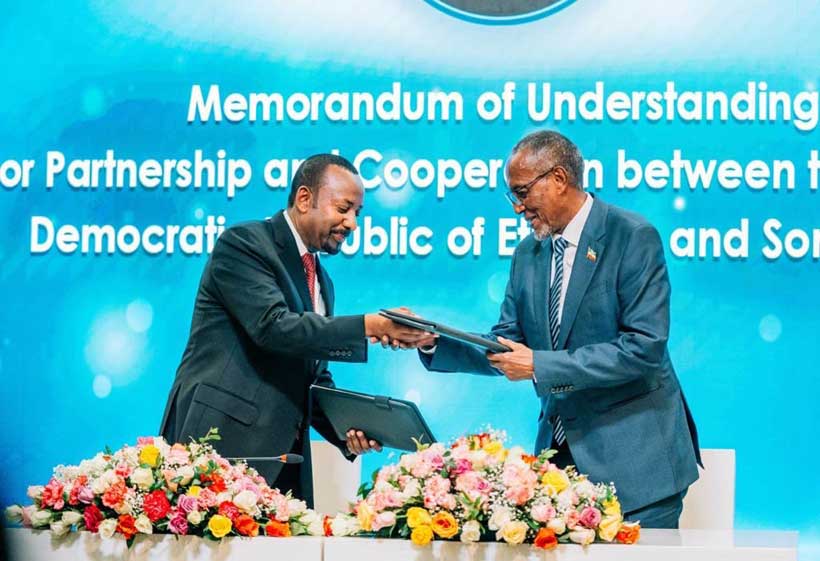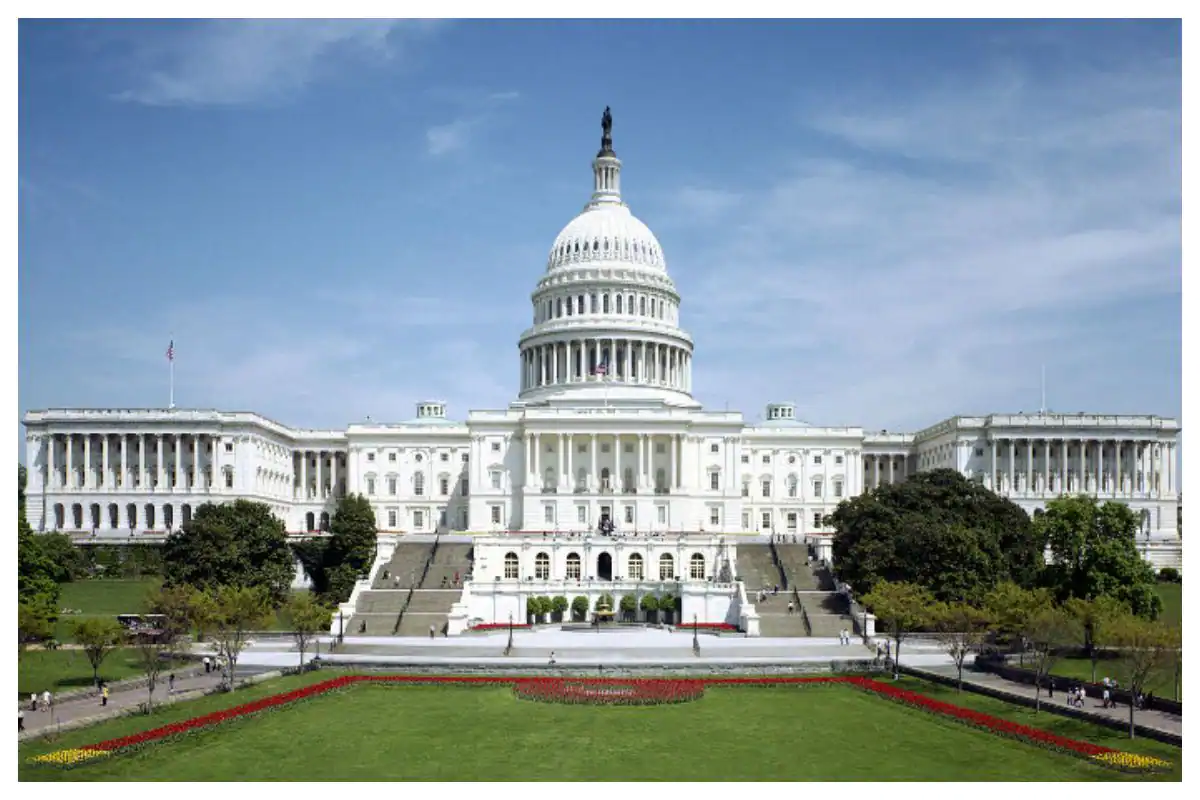By Dr. Suleiman Walhad
April 28th, 2024
The Horn of Africa States keeps attracting both regional and global powers, which compete with great intensities for influence in the region. It is, indeed, the nexus of Africa’s trade and investment links between Europe, Asia and Africa and is a passageway for some 12% of global trade, including 30% of global container traffic. Unfortunately this intense competition between global and regional powers in the region has turned it into a conflicted zone with arms pouring into the region continuously, unabated. Food production has been greatly reduced and large numbers of its population leave the region annually. There are no hard statistics with respect to the actual numbers and percentages in this regard, but the effects are felt practically in the region. This has not only disabled governance in the region but also pushed large numbers of skilled people out of the region. As nature abhors vacuums, the migration out of the region of skills and knowledge has brought into the governance of the region some of the most disqualified of people to lead nations who have led the region to more conflicts and to the further destabilization of the region.
The Middle East Institute: The Bab El-Mandeb Strait: Regional and great power rivalries on the shores of the Red Sea, January 29, 2020
The region which boasts to being the cradle of humankind was able to produce its own food in the past. It has the necessary land and sea space and clime to produce its own original grains, and sources of large marine-based and other foods. That capacity to produce food has now been reduced greatly. The continuing wars which, in essence, are tribal/clan competitions for power, and indeed, a result of the competition between foreign parties for influence in the region, has brought in, a new army of NGOs into the region. These NGOs have played more havoc into the region’s food production capacity for they bring in expired or almost expired foods to the region to feed the growing populations which have been forced to need others. The NGOs have also helped replace the traditional or original seeds of the grains of the region with industrial seeds, which cannot reproduce and hence created a new imbalance and food dependency on others in the region.
The fact that there are also intense wars in other parts of the world such as the Ukraine War the Palestinian/Israeli war, the non-declared China and USA war in Taiwan, the Korean Peninsula conundrum and many others in Africa and elsewhere have contributed to the rise of prices of not only food but also of other commodities across the globe and more so in the region which now heavily depends on imports for almost everything it consumes from food, to clothing, to building materials to transportation and everything else.
Unlike the rest of Africa its sub-soil wealth which is said to be as vast as its other resources remains unexploited unlike the rest of the African continent as the continuing wars force many would-be potential investors to shy away from the region. The irony is that even those global and regional powers vying for influence in the region are unable to exploit any of the resources of the region through legal processes other than perhaps the extraordinarily intense exploitation of the region’s marine space through illegal means and processes, which does not benefit the region todate and the stealthy exploitation of some of the sub-soil mineral wealth such as gold, uranium and others. It would not be surprising to note of the presence of major international corporations in the Halane Camp of Mogadishu, which houses foreigners. The main question that comes to mind would be what those corporations are doing there?
The region’s governance has been wrecked and the two largest countries of the region, namely Ethiopia and Somalia have each been reduced to tribal/clan enclaves involved in bloody wars among themselves instead of developing their countries peacefully through national agendas that would have benefitted the whole instead of tribal and clan regions. They call them the federal states! They are, indeed, tribal and/or clan states, which do not have national agendas but tribal and clan agendas which further erodes any national aspiration. The national agendas have been removed and the weak governance in place in both countries keep only accentuating and enlarging the differences among the populace of each of the countries. Ethiopia has now added and wrongly a new dimension, where instead of cooperating with its supposedly sister countries in the neighborhood, keeps threatening them for a must access to a sea, although internationally and legally, it is a landlocked country and should remain so. Its illegal MoU affront to Somalia is a perfect example of its failing diplomacy in the region. The only way it can replace this status legally is to join amicably another country with an access to a sea, which requires that the other country must also be willing to such a union. One does not see Ethiopia working in that direction.
And the so-called international community, which in effect is a group of countries with interest in the region keep playing the good guy roles when they, indeed, are the main causes of most troubles in the region as they encourage regions of the countries of the region to fight the center of each of the countries. They, indeed, finance and support some of those regions openly and encourage them to continue in the wrong path they have embarked on. This only helps other peaceful regions to also rise and copy the ways of the malignant regions of each of the countries of the region, which are kept functioning! This further weakens the countries of the region.
The tribal/clan competitions for power in the region is further aggravated by terror groups, managed and financed from beyond the region, and which have found safe havens to operate from in the region. They add to the chaos in the region, which has become a fertile ground for growth of such terror groups. These terror groups only add to the instability of the region’s governance infrastructures and more particularly Somalia which has seen, so far, a declining and a weakening governance over the past four decades.
What opportunities are available in the region and who are competing for these opportunities that is causing great harm to the region are some of the questions one must raise. In this regard, one must first note that the Horn of Africa States lies on the west side of the southern coast of the Red Sea and its extension, the Gulf of Aden, a major passageway that leads to the Suez Canal to the north and the Indian Ocean to the southeast. This is a region which has been turned through the aforenoted competition into a safe haven for terrorism, and a hub for human trafficking, arms and drugs smuggling, and piracy.
Many of the West Asian countries including the GCC countries, Egypt, Iran, Turkey, and the European and American countries compete over the region. The Chinese and allies including Russia are also active in the region. The competition among these countries have turned life in the region into misery and obviously, they have no interest in the welfare of the local populations but their own, which perhaps can only be explained by this being a part of human nature, where the survival of the fittest is paramount. The Horn of Africa States region has, of course, failed to produce the right leadership to deal with the challenges.
The Horn of Africa States, in addition to its own resources, remains an important gateway for trade and investment in Africa as it always was, which keeps attracting many other countries to vie for influence in the region. There are opportunities in the region for businesses related to real estate, infrastructures, port construction and management and general trade. There are also security considerations related to the location of the region, which is geostrategic. As we noted, it overlooks the passageway for about 12% of global trade with two major chokepoints in the area, the Bab El Mandab and the Suez Canal. It is also the source of the Blue Nile which supplies most fresh water to northeast Africa (Sudan and Egypt). The region owns a vast maritime space which can host a significant blue economy involving not only ports but also tourism, water sports, shipbuilding and repairs, extensive seafront real estate business on the beautiful white beaches of some 4,700 km of coastline.
Perhaps what has failed the region most is the paycheck diplomacy of the Gulf States which has corrupted most of the present leadership of the region both ruling and opposition with whom they deal. The other competitors in the region mostly from the West focus on security and governance issues but not really on economic development, which the region badly needs after the almost four-decades of chaos.
The Chinese follow their traditional development diplomacy and non-interference in internal governance. The Chinese are involved in infrastructures such as rail, roads, communications and energy. Their involvement remains todate limited to Ethiopia and Djibouti and in the latter, China Merchants Port Holding Company Ltd is a major partner in the ports of Djibouti. It is reported that a pipeline for transporting oil and gas production from Ethiopia would be constructed connecting it to Djibouti for onward export. The Chinese have also established its first foreign naval base in Djibouti, which adds a new dimension to the competition equation.
The Russians, as inheritors of the Ex-Soviet Union, were absent from the region for decades but appear to be coming back through security issues and collaboration with some of the GCC countries and especially the United Arab Emirates. Their involvement in the Sudan debacle attests to this re-entry of Russia into the affairs of the region. One must recall that in the sixties, seventies and eighties of the last century, the Ex-Soviet Union was an active player in the region, mostly in Somalia and Ethiopia.
Despite the increased interference of foreigners and external actors in the region, it is unfortunate to note that the region still plays in the traditional single state format, where each country pursues its own national agenda where a regional agenda would have been more preferable. The national agendas are causing more internal clashes such as the current breakdown of relations between Somalia and Ethiopia. The region, indeed, witnesses the growth of external security and military forces in the region without building the necessary regional security apparatus to face off the oncoming security threats related not only to maritime trade but also to the actual security of the region. The region does not read the linkages of its security to those of the GCC countries, the Indian Ocean, and Northeast Africa (Sudan and Egypt), which require a new approach. No single Horn African country can face off these challenges alone, and this requires the creation of a new regional platform, at least, to avoid the almost silly diplomatic maneuvers of some of the leaders of the region to handling national security and economic issues.
The countries of the region are linked by history, culture and economy. However, despite these linkages, they seem to be drifting apart. It would be crucial for them to be closer and lead their populations to be connected and socially linked instead of feeding and accentuating the small differences which is present in every society or community. Developing a holistic and inclusive political platforms for the region would be the answer to many of the development gaps in the region. It is the only path to peaceful development of the region and hence its security and prosperity.


